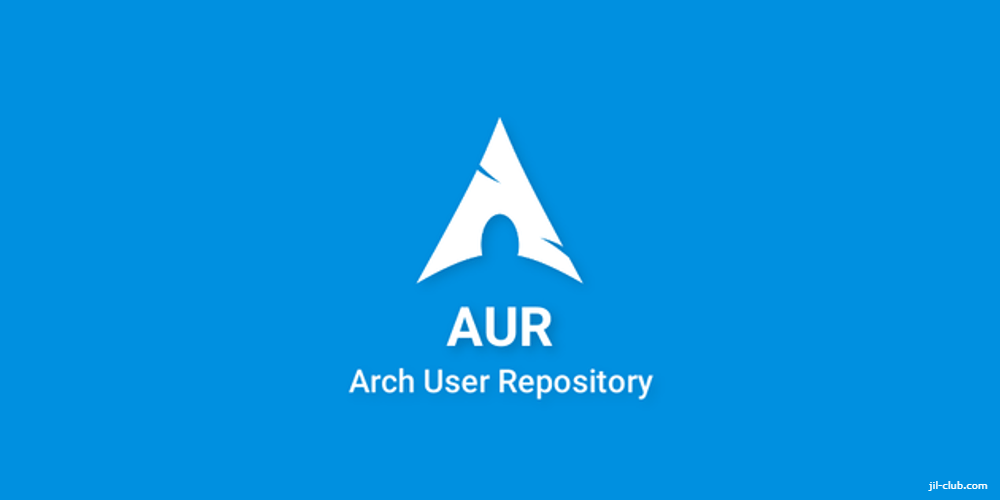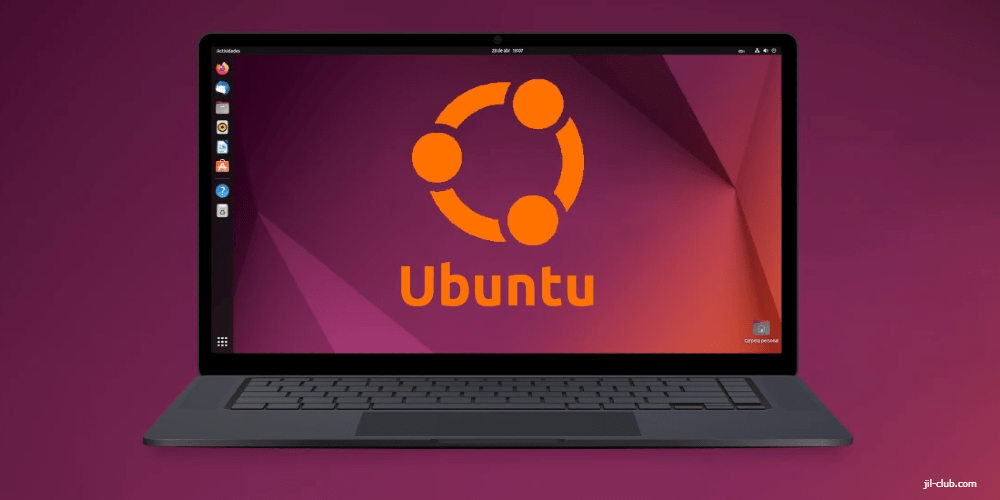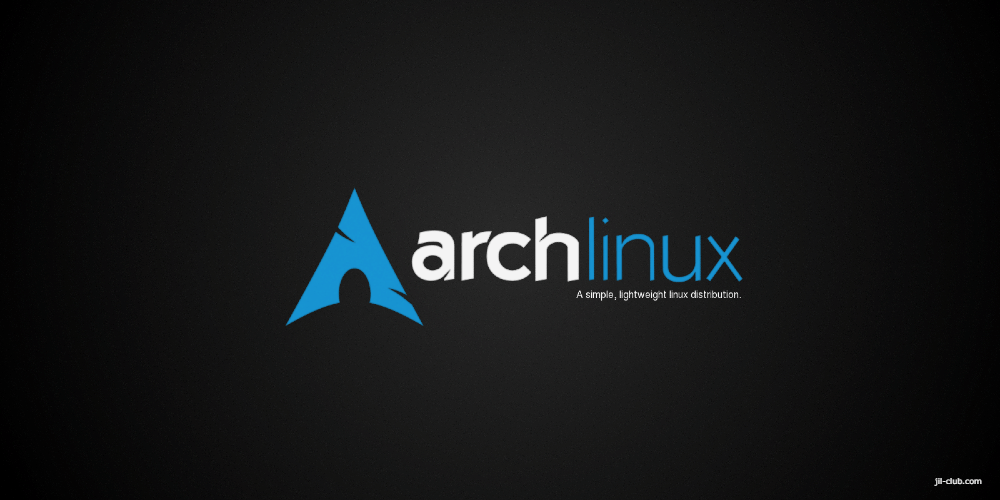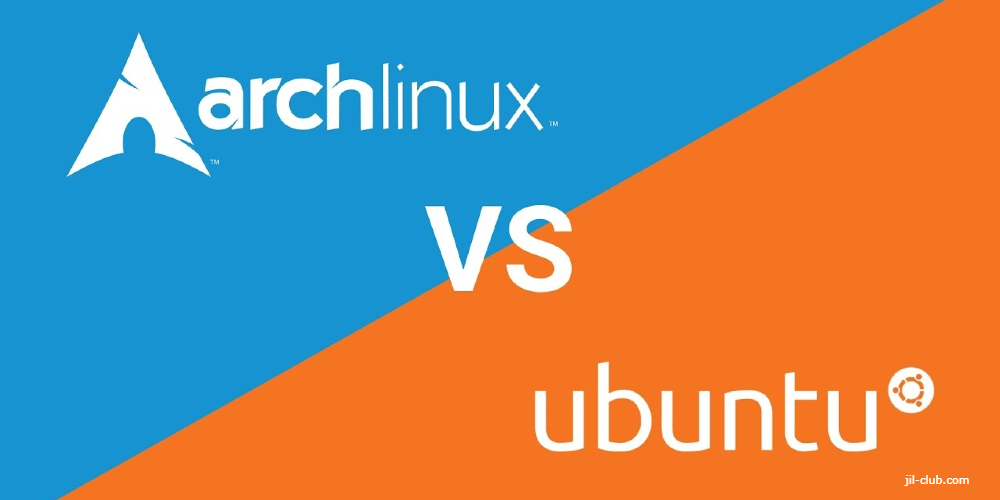
In the vast world of Linux, one often enjoys an array of distributions to choose from, resulting in a noisy dilemma. This article serves as a detailed comparison of two of the most reputable distributions in the charmful world of Linux: Ubuntu and Arch Linux. Comparison discussions are incredibly helpful for users who are vacillating between two Linux distributions. The choice between Ubuntu and Arch Linux lingers far from simplicity.
As you might already know, both of these operating systems - Ubuntu and Arch Linux - are built on the grounds of open-source and free distributions. While they share similarities in usage, installation, and performance, they vary in key vital aspects that can significantly impact developers or business users. So if you are interested in a comparison between Arch Linux and Ubuntu, the information below might come in handy.
An Introduction to Ubuntu
Ubuntu, founded in 2004 by a South African entrepreneur, is an open-source, free Linux operating system that is widely recognized for being modern and user-friendly. Ubuntu is designed based on Debian, aiming at increasing computer usage and its application across homes and small businesses alike. Ubuntu qualifies as a viable Windows substitute and can be utilized on both PCs and servers.

Features of Ubuntu
- Office software: Ubuntu has its set of LibreOffice - a more comprehensive substitute for MS Office - aiding users in creating Powerpoints, spreadsheets, and sharing documents. Google documents are also accessible on Ubuntu.
- Applications: Ubuntu’s compatibility extends to popular apps like Spotify, Telegram, Skype, VS Code, among others that are generally seen on Windows and macOS. Ubuntu’s own app store, “Ubuntu Software,” has a vast selection of programs available without any extraneous procedures.
- Email Platforms: Besides Thunderbird, the native email client of Ubuntu, it also supports other popular email platforms like Gmail, Microsoft Exchange, Hotmail, etc.
- Browser Support: Ubuntu supports all the well-known web browsers, ensuring security and a smooth surfing experience along with higher net speed.
- Game Support: Ubuntu supports a wide range of games, including a number of popular applications and web browsers.
- Photo and Video Management: Ubuntu comes with handy applications that help a user view, organize, manage, and modify photos and videos.
Positive Aspects of Ubuntu
- Ubuntu promises a smooth experience for beginners.
- Its GNOME desktop environment enhances the user interface and allows customization to a great extent.
- Fast and reliable.
- Provides abundant software programs.
- Has a strong defense system against malware and other potential threats.
- Supports a wide range of systems and tools such as Laravel, WordPress, and Magento, along with Ruby, Python, Java, etc.
- A Plethora of IDEs are provided free of charge.
- A free, updated version with the latest advancements is released every six months.
Negative Aspects of Ubuntu
- Storage space requirement is significantly higher as compared to Arch Linux.
- The installation of programs only occurs via snaps.
- It lacks customization flexibility as provided by Arch Linux.
- Requires advanced hardware and software for seamless operation, which could be a barrier for outdated systems and finite resources.
A Brief Overview of Arch Linux
For regular audience members of Opera VPS, Arch Linux is not a new term. However, for continuity, here's a recap. Arch Linux, established in 2002 by a Canadian scientist, is the go-to operating system for professional users and developers in the Linux fraternity due to its customizable nature while ensuring system harmony. It is an open-source, DIY-themed free Linux distribution targeting experienced users seeking thorough control over their systems. Arch Linux encourages users to tailor-make their systems from configuration concourses to modifying the desktop environment settings, hence boosting customizability.
Further, Arch Linux is an all-around yet lightweight system. As per the roll-release model, it shares its latest stable versions with users, and Canonical, a globally recognized software manufacturer, backs Arch Linux.
Features of Arch Linux
- Repositories: The uniqueness of Arch Linux repositories (Arch Package and Arch User Repository) contributes significantly to its expectations. The community-based repositories permit users to provide additional packages.
- Pacman: The package manager of Arch Linux repositories, Pacman, is central to the installation, upgrading, downgrading, and removal of packages. Additionally, it illustrates significant diversity as it can compile binary codes from the source using the make pkg command, thus acting as the bridge between different distributions.
- Arch Wiki: As a Linux beginner or newcomer, one is bound to appreciate accessible educational documentation and operational guidelines that enrich understanding. Arch Wiki offers updated information about the operating system and related issues, the latest amendments, news statistics, etc., akin to all Arch Linux users.
Potential Advantages of Arch Linux
- It may not have a desktop environment or Windows Manager, but the installation procedures are uncomplicated.
- Arch Linux's DIY approach allows users to customize various aspects of the operating system according to their preferences.
- The flexibility of Arch Linux is highly appreciated.
- The rolling release model is adopted to aid in upgrading packages without the need for a re-installation, thereby delivering the latest software without the necessity for an OS re-installation.
- Arch Linux provides an insight into Linux's world by introducing new tips about Linux, which results in a tailored user experience.
Probable Drawbacks of Arch Linux
- The DIY approach can be overwhelming for inexperienced or new users of the Arch Linux OS.
- Packaged upgrades, on occasion, might disrupt the system's functioning.
- Pacman has been noted to display occasional sluggishness in its operations.
- Due to the exclusive nature of Arch Linux users, the community is comparably smaller but is progressively expanding.
- Transitioning from Arch Linux to another operating system may not be an easy task.
Contrasting Arch Linux and Ubuntu
While Linux distributions appear similar to most users, they are distinct in various aspects. The core differences between Ubuntu and Arch Linux become prominent when contemplating which Linux operating system to use on a PC or when purchasing a Linux VPS. This article will delve into these differences based on our experience.
Essentially, Ubuntu is prized for its superb security, high-quality releases, and user-friendliness, while Arch Linux is admired for its remarkable freedom, modernity, and adjustability. Let's dive deeper into the comparison between Arch Linux and Ubuntu.
Target audiences
Arch Linux provides users complete control, allowing customization across the operating system. This feature makes Arch Linux an obvious pick for experienced users and those seeking extensive configuration. However, for beginners, Arch Linux can seem somewhat complex but nonetheless proves to be a great learning platform.
On the other hand, Ubuntu can be used by both novice and experienced users. Users seeking a system with default settings prefer Ubuntu, which is preferred by users who wish for a hassle-free experience.
Distinguishing Features Between Arch Linux and Ubuntu
File systems
Ubuntu exclusively uses the ext4 file system, sought after for promoting a modern computing experience. Contrastingly, Arch Linux supports different file systems - btrfs, ext4, xfs, and f2fs, providing more options to their users.
Applications
Ubuntu, with its extensive compatibility, can run a wide range of applications and tools. Installing packages on Ubuntu is an uncomplicated process. The official Ubuntu repositories, PPA, or its software center facilitate it.
Arch Linux also allows access and installation of programs through its official repositories. However, it stands out with its Arch User Repository (AUR), opening up a broader selection of packages than Ubuntu.

Freedom or restriction
In Ubuntu, users must adhere to the default settings and use the tested Linux kernel in the designed GNOME desktop environment, among others. In contrast, Arch Linux users can configure every part of the operating system, from choosing the Linux kernel to the desktop environment.
Release cycle
Ubuntu follows a release point model, whereas Arch Linux adheres to a scheduled release cycle. Ubuntu has a long-term support (LTS) version with five years of support, while Arch Linux maintains a continuous upgrade policy, often offering the latest features and updates.
Installation
While Ubuntu offers pre-installed utilities facilitating installation, Arch Linux requires manual installation in the terminal environment. However, Arch Linux allows more customization during the installation process.
Security
Both Ubuntu and Arch Linux offer a high level of security. Yet in Ubuntu, potential vulnerabilities are checked regularly by its developers, whereas in Arch Linux, users are responsible for checking for security vulnerabilities and configuring security settings.
Desktop experience
In Ubuntu, users get to experience a certain type of desktop environment. On the other hand, users can adjust the most detailed things in Arch Linux, resulting in varying desktop experiences for different users.
Repository
Ubuntu repositories support amd64 and i386 packages for the same programs. Arch Linux does not account for i386 packages.

Stability
Ubuntu is known for its stability, specifically its LTS version. In contrast, Arch Linux may present issues due to its continuous update policy.
Hardware compatibility
Ubuntu is compatible with a wide range of hardware, while Arch Linux may face compatibility issues due to its faster release cycle.
Community support
Ubuntu has a vast user community offering extensive support, while Arch Linux lacks such support. However, the Arch Linux wiki compensates for this with its vast documentation.


